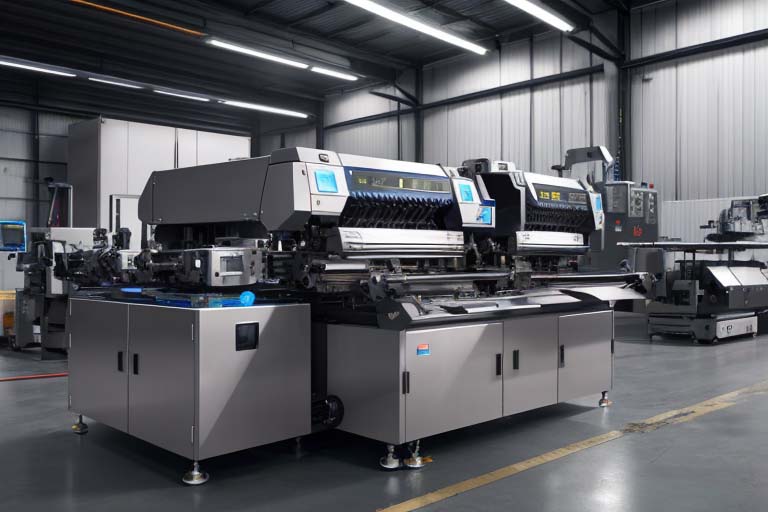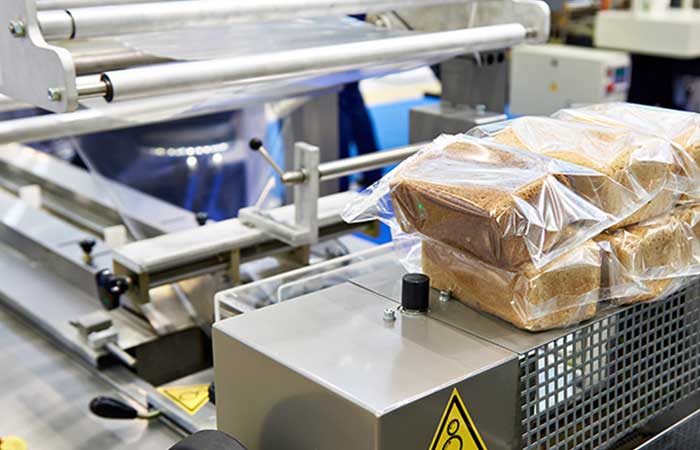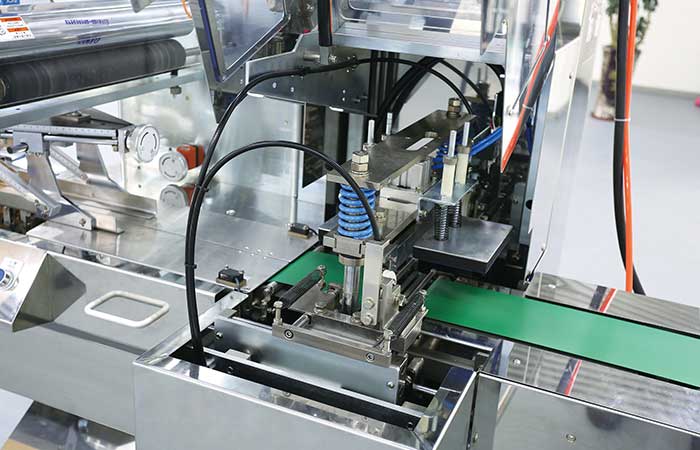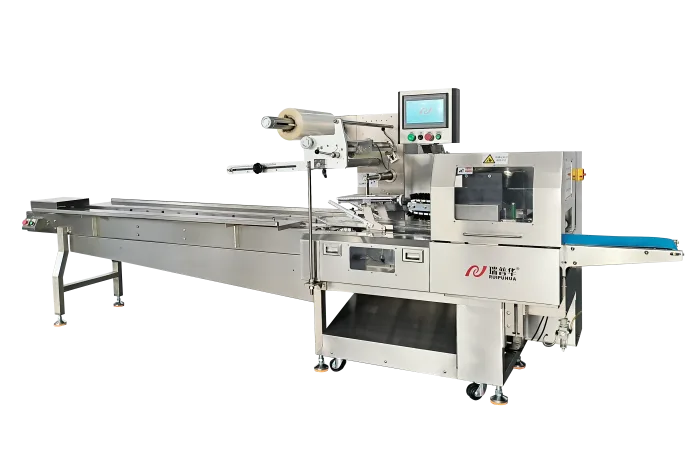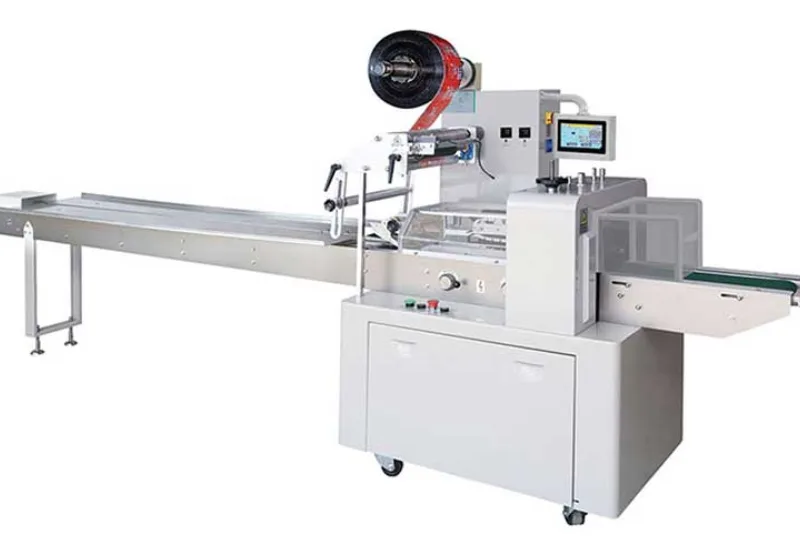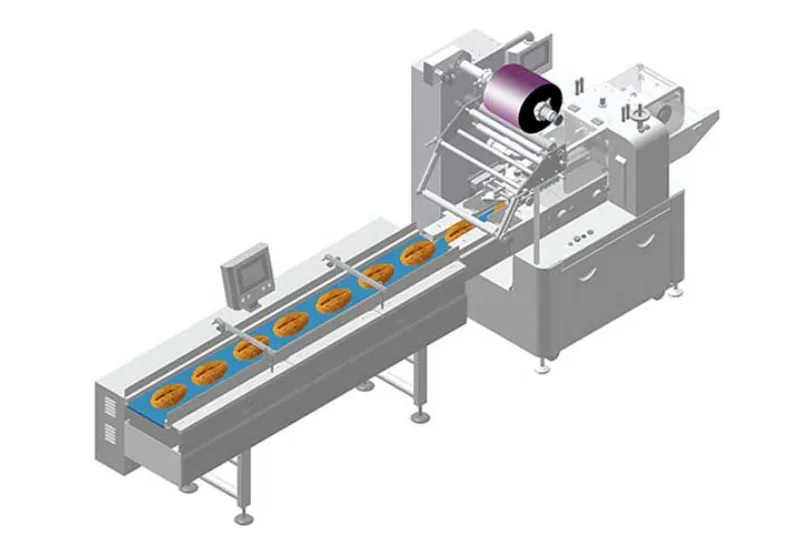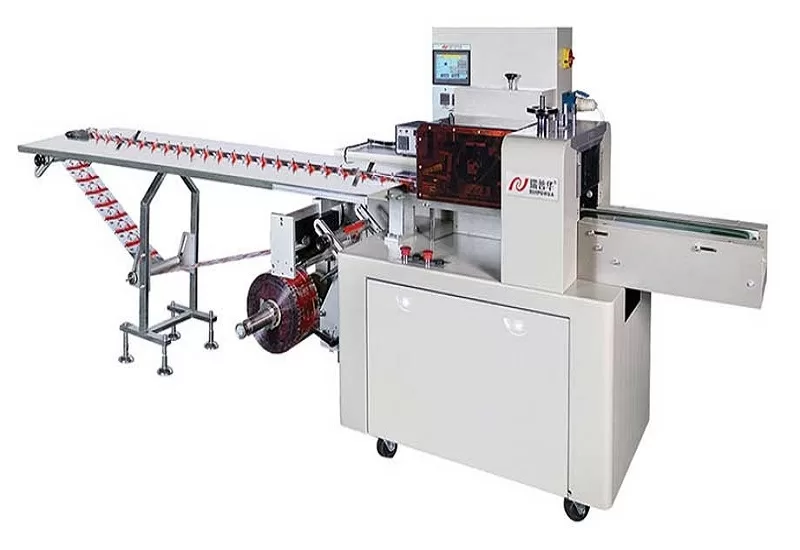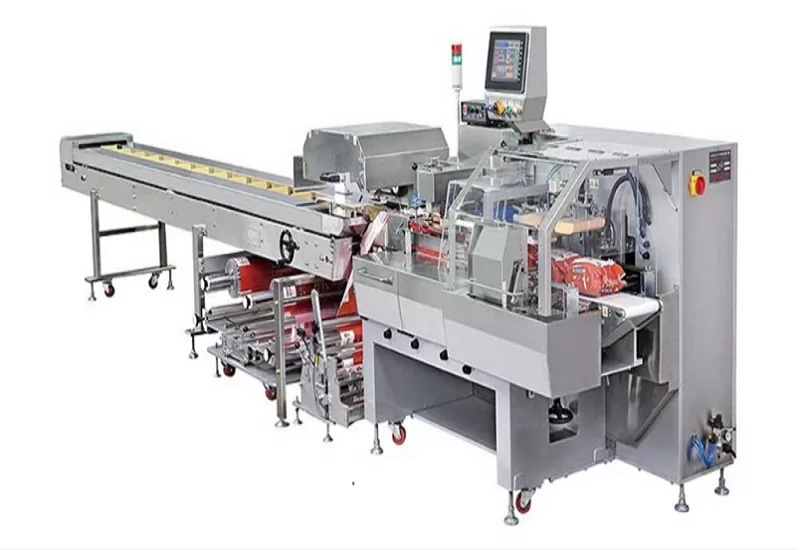Packaging Equipment Certification: Ensuring Quality and Compliance
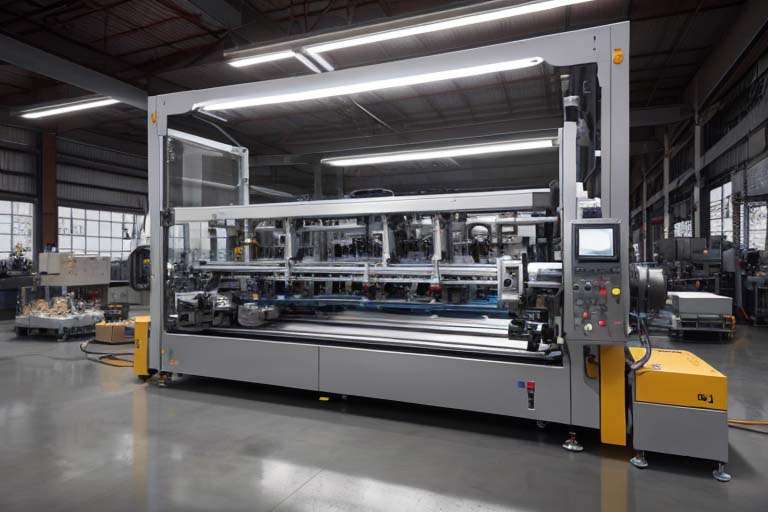
The Importance of Packaging Equipment Certification
In the fast-paced world of manufacturing, ensuring the quality and compliance of packaging equipment is crucial for the success of any business. Packaging equipment certification plays a vital role in guaranteeing that products are packaged safely, efficiently, and in accordance with industry standards.
Certification not only demonstrates a manufacturer’s commitment to quality but also ensures that the equipment meets regulatory requirements. This blog post explores the significance of packaging equipment certification and its impact on the industry.
Why Certification Matters
Obtaining certification for packaging equipment involves rigorous testing and evaluation to verify that the machinery meets specific criteria set by regulatory bodies. By achieving certification, manufacturers can:
- Enhance product quality and safety
- Boost consumer confidence
- Comply with industry regulations
Types of Certification
There are various types of certifications available for packaging equipment, including:
- ISO 9001:2015 Certification
- CE Marking
- UL Certification
- NSF International Certification
The Certification Process
The certification process typically involves the following steps:
- Initial assessment of the equipment
- Testing and evaluation
- Compliance review
- Issuance of certification
Benefits of Certification
By investing in packaging equipment certification, manufacturers can:
- Improve operational efficiency
- Reduce risks of downtime
- Enhance brand reputation
- Access new markets
- Stay ahead of competitors
Conclusion
Packaging equipment certification is a critical aspect of ensuring product quality, safety, and regulatory compliance. By obtaining certification, manufacturers can demonstrate their commitment to excellence and gain a competitive edge in the industry.
